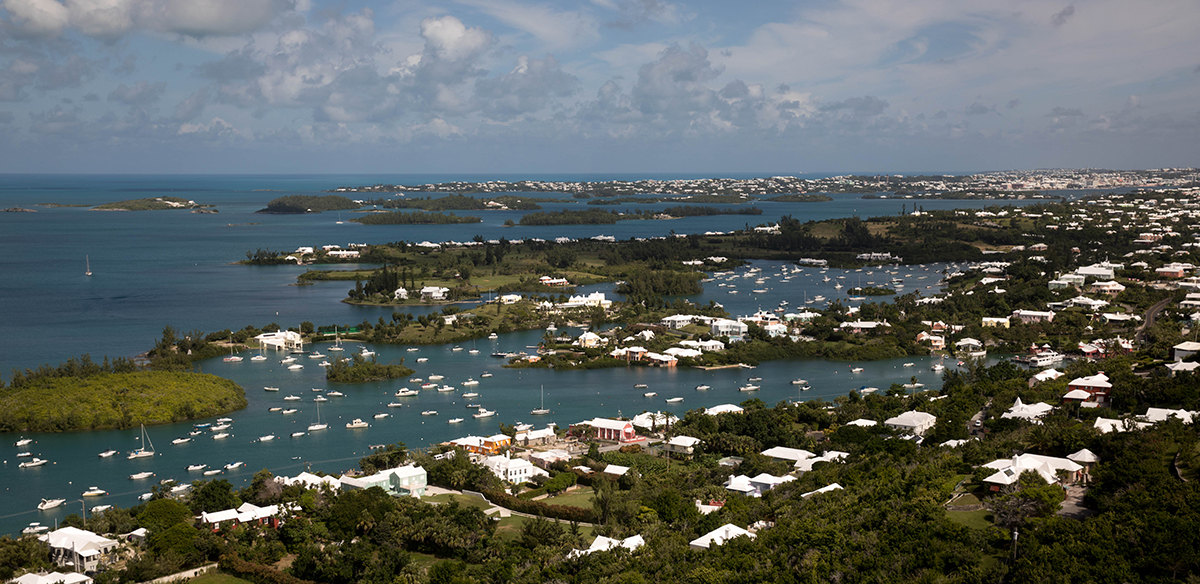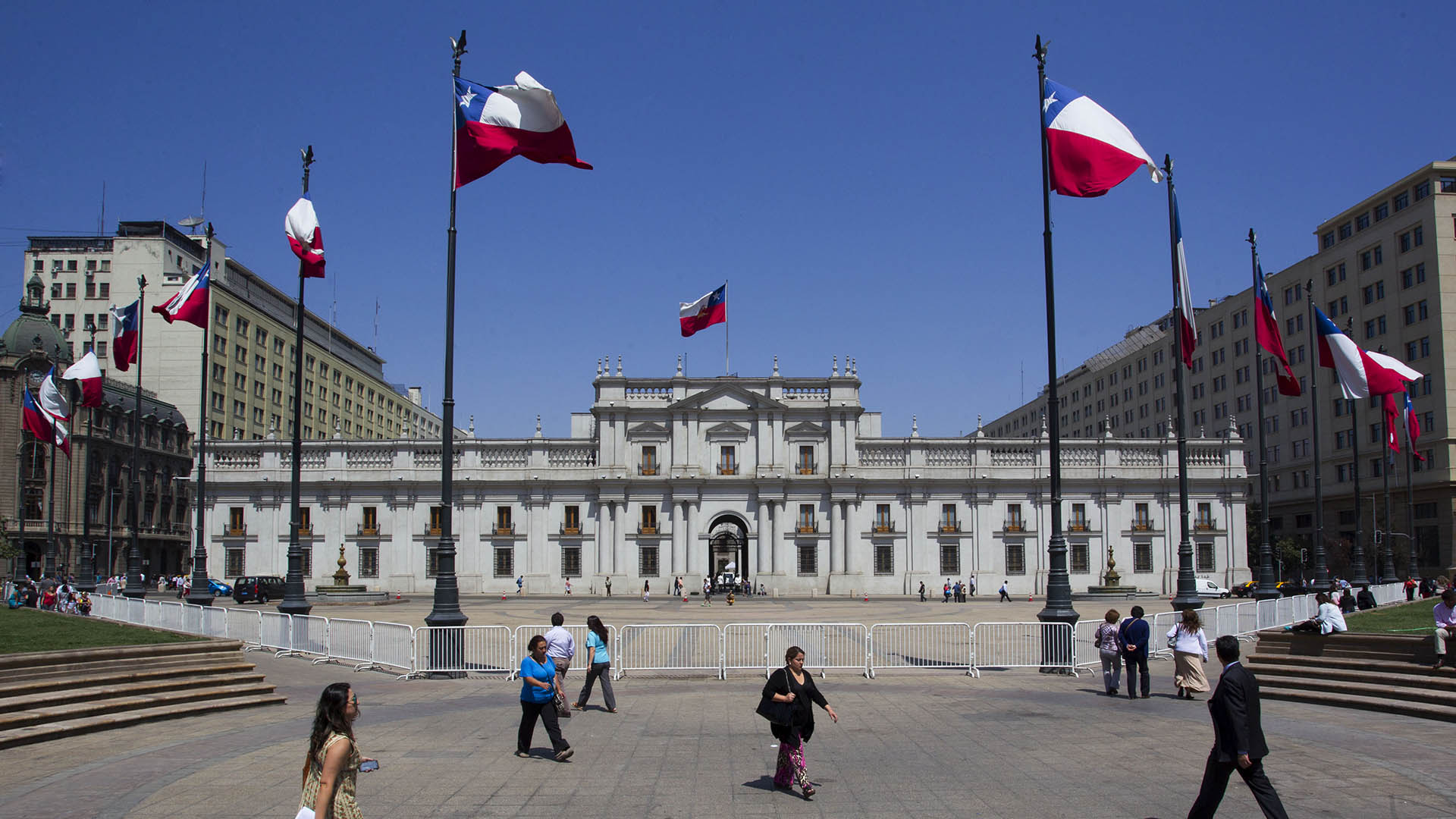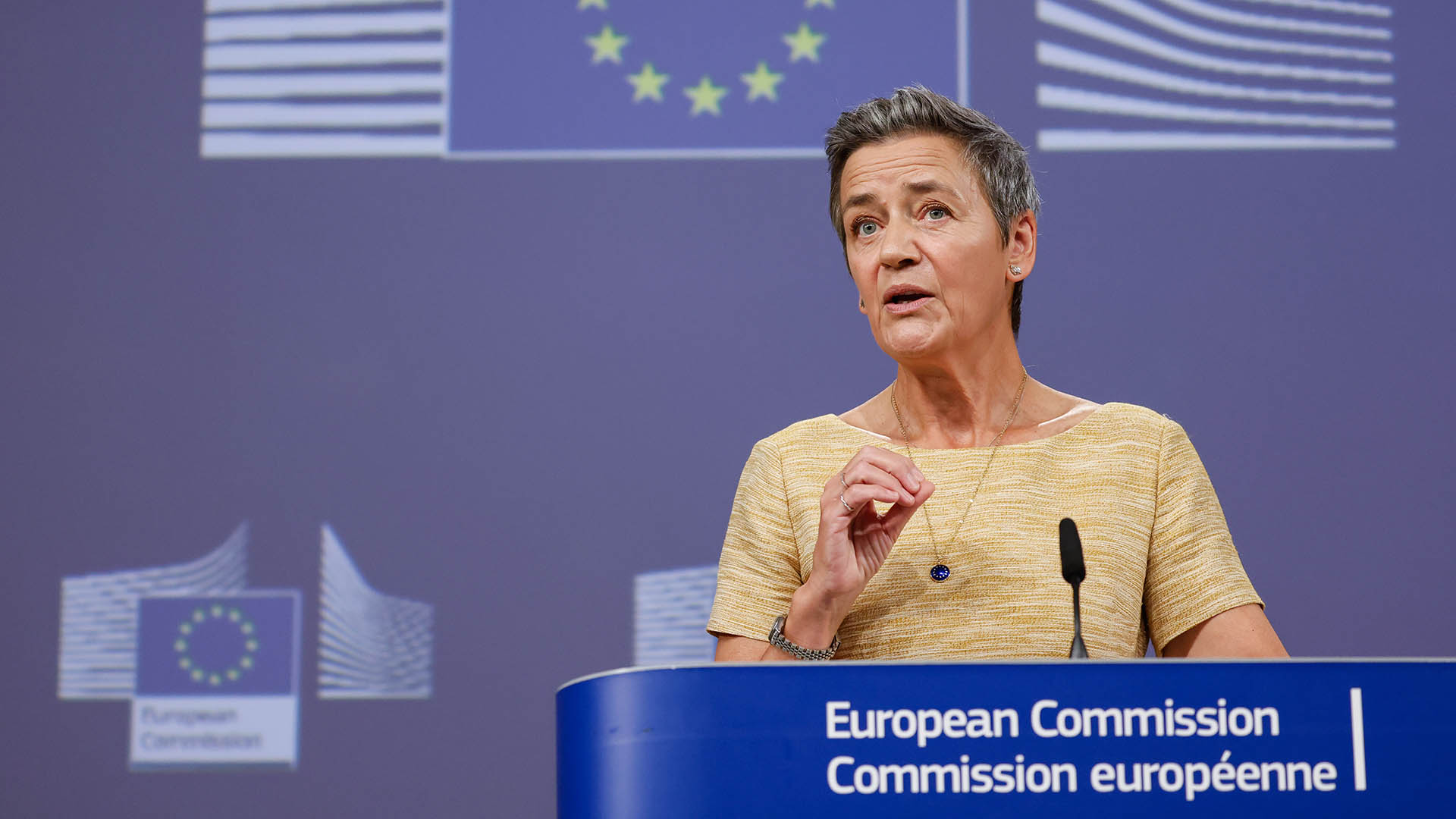The European Union adopted its first tax haven “blacklist” that includes 17 states, but failed to mention several of the most secretive jurisdictions brought to light by the Paradise Papers.
The list is a group of mostly offshore jurisdictions that EU member states say fail to meet tax fairness and transparency benchmarks and refused to commit to improvements in the future.
The list, voted on Tuesday at a meeting of EU finance ministers, was developed in the wake of the Panama Papers, the 2016 investigation by the International Consortium of Investigative Journalists and its media partners based on a massive leak from a Panamanian law firm at the heart of the offshoring industry.
The blacklist is meant to force countries offering unfair tax advantages or undue secrecy to bring their policies in line with EU standards.
The EU also released a “Grey list” of countries put on notice to change their ways.
While the blacklist includes Panama, which was highlighted by the Panama Papers as a place used by both politicians and criminals alike to hide assets, it omits several major offshore hubs.
Missing are several crucial British Overseas Territories that actively help multinational companies and the wealthy decrease their taxes. Among them: Bermuda, the British Virgin Islands and the Cayman Islands.
And where are Luxembourg, Ireland and The Netherlands in the new EU tax haven list? #luxleaks #ParadisePapers
— Marina Walker (@MarinaWalkerG) December 5, 2017
The British Virgin Islands, for instance, was where Mossack Fonseca, the law firm at the center of the Panama Papers, registered half of the companies it set up between 1970 and 2015.
And Bermuda was home to Appleby – one of the offshore law firms at the center of the Paradise Papers, a more recent investigation by ICIJ and 94 media partners that exposed a plethora of offshore deals.
The lists also include countries that are not micro-states and not commonly known for being tax havens but were found to be nontransparent or to have unfair tax regimes. Among these: South Korea, Namibia, Mongolia and Tunisia.
Tax-fairness advocates said the measures don’t go far enough. “The EU has today missed a great opportunity to tackle the real issues lying behind the large-scale tax avoidance and tax evasion that is bleeding EU countries dry,” said Alex Cobham, chief executive of the Tax Justice Network.
“Rather than have a list of tax havens based on an objective set of criteria, as originally envisaged, the list appears to be a political fix with EU members picking their least favourite countries to name and shame.”
He added: “The result of the flawed blacklisting process is a politically led list, that includes only the economically weak and politically unconnected.”
How do the EU blacklist and @TaxJusticeNet paradise lost blacklist compare? No UK territories is a disapointment. @alexcobham pic.twitter.com/warAorr5S4
— Wouter Lips (@Wouterlips) December 5, 2017
The EU examined 92 jurisdictions, ranging from larger nations such as China and the United States to smaller ones such as Andorra, during the blacklist process.
These countries received a letter in October 2017 informing them of measures they needed to take to stay off the list. These included agreeing to submit to the Organisation for Economic Co-operation and Development’s (OECD) common reporting standard and its “Automatic Exchange of Information” system.
The list of tax havens is intended to discourage individuals and companies from creating shell companies in secrecy jurisdictions, which is legal but can be use to launder money or avoid taxes.
The EU’s final blacklist includes the following. Those marked in bold have been the subject of ICIJ’s reporting projects on offshore secrecy:
- American Samoa
- Bahrain
- Barbados
- Grenada
- Guam
- South Korea
- Macao SAR
- Marshall Islands
- Mongolia
- Namibia
- Palau
- Panama
- Saint Lucia
- Samoa
- Trinidad and Tobago
- Tunisia
- United Arab Emirates
“The list represents substantial progress. But it remains an insufficient response to the scale of tax evasion worldwide,” said Pierre Moscovici, the European Commissioner for Economic and Financial Affairs, Taxation and Customs.
“I call on EU Finance Ministers to avoid any naivety. Countries that have committed to change their tax laws must do so as soon as possible.”
The blacklisting process was initiated by the European Commission but managed by a Code of Conduct Group, comprising of Member State taxation experts in the Council. According to French newspaper Le Monde, the finance ministers who had to approve the list Tuesday morning, barely contested it.The three criteria used when developing the list were the nation’s:
- Tax transparency
- Fair tax rules
- Commitment to implementing OECD’s measures to curtail tax optimization.
Among the jurisdictions that avoided the list were some with zero-percent corporate tax rates.
The anti-poverty group Oxfam last week published its own blacklist, based on the same three criteria, but which included 35 non-EU countries and four EU countries not included on the EU’s list: Ireland, Malta, the Netherlands and Luxembourg.
EU member states did not detail the sanctions blacklisted country would face but Valdis Dombrovskis, European Commission vice chairman, addressed the issue in a press conference.
“We are ready to implement measures already in EU legislation, for example the transfer of EU funds to those jurisdictions,” said Dombrovksis. This will not include development aid.
The 47 countries listed on the EU’s ‘Grey List’ must take steps if they want to stay off the blacklist. These countries have one or two years, depending if they are classed as “developing” or not, to meet these requirements.
“We invite [the EU finance] ministers to carry out a strong follow up on the commitments made by those countries,” said Dombrovksis.
Twenty four jurisdictions have agreed to amend or abolish unfair or opaque tax regimes by 2018. These include Aruba, Cook Islands, Mauritius, Seychelles and Switzerland.
Bermuda, Cayman Islands, Guernsey, Jersey, Vanuatu and the Isle of Man also “committed to addressing the concerns related to economic substance by 2018,” meaning shell companies set up to receive profits without real economic activity.
The EU’s process was launched last February in the wake the Panama Papers and other reporting on unfair tax practices enabled by secretive jurisdictions.
The Paradise Papers, published in early November, increased pressure on the European Union to take on its tax-avoidance problem.
Last week, the European Parliament’s Committee on Money Laundering and Tax Evasion – known as the PANA Committee – was addressed by three ICIJ reporters and partners on the issue.
The Paradise Papers revelations “put renewed emphasis on the work the European Commission is doing to fight tax avoidance,” Dombrovksis said after the release last month of the Paradise Papers.




